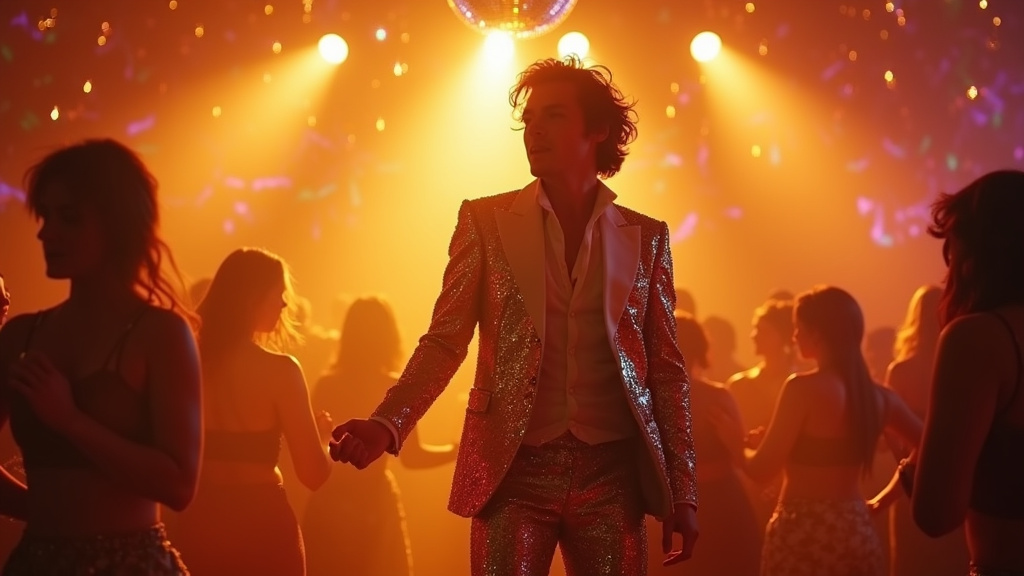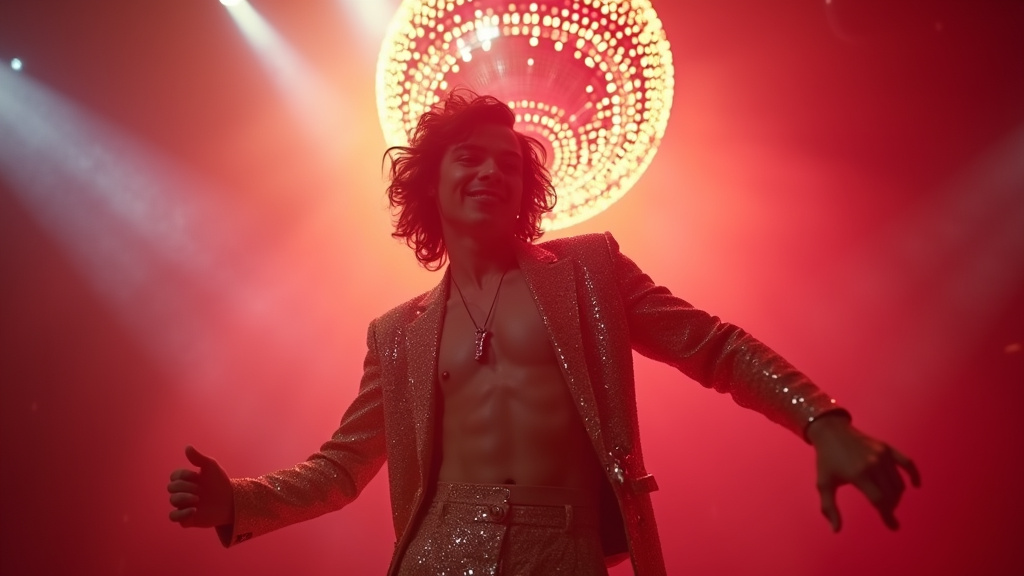Pedro Pascal Becomes the Internet’s Patron Saint of ‘Hot Girl Anxiety’
The internet, a boundless realm of fleeting trends and shared experiences, has once again found its muse. This time, the object of collective fascination is actor Pedro Pascal, whose recent interactions during promotional events for The Fantastic Four: First Steps have inadvertently launched a viral meme sensation. Dubbed “hot girl anxiety,” the trend captures a specific feeling – the nervousness and self-consciousness that can arise in the presence of someone perceived as highly attractive, often humorously contrasted with the cool, collected exterior the attractive person projects.
The Spark: A Handshake Seen Around the World
The genesis of this meme can be traced back to footage of Pascal interacting with his The Fantastic Four: First Steps co-star, Vanessa Kirby. During press appearances, a seemingly innocuous gesture – Pascal holding Kirby’s hand – was quickly reinterpreted by online audiences. What began as a perceived comforting action, in the context of the film’s promotion, was re-contextualized as an embodiment of “hot girl anxiety.” This simple act, captured in a few short video clips, has since garnered millions of views on X (formerly Twitter), propelling Pascal to the forefront of this relatable trend.
Millions of Views and a Shared Experience
The viral nature of this phenomenon is undeniable. Millions of people have watched, shared, and commented on the clips, often highlighting the shared feeling of awkwardness or nervousness that can arise in social situations, particularly when interacting with someone considered attractive. This resonates deeply with a wide audience, suggesting a common, universal experience. The rapid dissemination of these videos and the subsequent commentary showcase the power of the internet to amplify and reshape seemingly small moments into cultural touchstones.
Pascal’s Vulnerability and Relatability
What makes this trend particularly compelling is its connection to Pedro Pascal’s own experiences with anxiety. Pascal has been open about his struggles with anxiety and his coping mechanisms, making him an especially relatable figure for many. This history provides a crucial layer of context for the meme, allowing audiences to understand the humorous angle while also acknowledging a degree of sincerity.
The Language of Touch
Pascal has spoken in the past about how he manages his anxiety, often using physical touch as a grounding technique. In a 2023 conversation with his The Last of Us co-star, Bella Ramsey, Pascal discussed the role of physical contact in managing his anxiety, particularly in high-stress environments such as press events or film sets. He revealed that placing a hand on his chest or staying close to someone he trusts can help him to stay present and in control. This candidness allows fans to further connect with his perceived nervousness in these online clips, knowing the specific actions he takes to overcome the feelings of anxiety.
Beyond the Meme: A Deeper Connection
The “hot girl anxiety” meme goes beyond mere entertainment; it delves into deeper themes of vulnerability, social awkwardness, and the human desire for connection. Pascal’s perceived embodiment of this trend resonates because it humanizes the actor, allowing viewers to see themselves in him. It offers a shared experience in a world that often feels isolating, creating a sense of community amongst those who have experienced similar feelings. This connection fuels the meme’s virality and ensures its continued circulation across various social media platforms.
Conclusion: A Lasting Impact
Pedro Pascal’s newfound status as the face of “hot girl anxiety” is a testament to the unpredictable nature of internet culture. A simple gesture, a moment of vulnerability, and a shared feeling have combined to create a viral sensation that encapsulates a universal experience. This trend, rooted in Pascal’s openness about his own anxiety, has generated widespread engagement and created a deeper level of connection between the actor and his audience, proving that even in the age of the internet, human connection and shared experiences still reign supreme.





